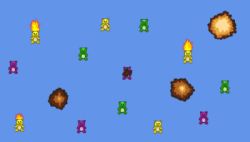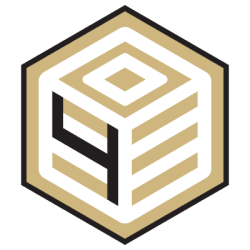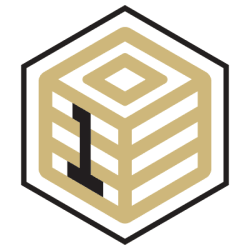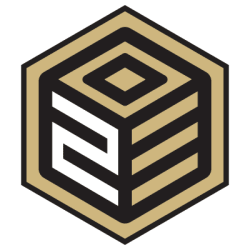Images
Around the world, we are increasingly socially and economically interdependent. Health on one side of the globe affects people on the other. Global health, once merely an ethical consideration, now dominates discussions and policies of global security. A diverse team of experts in this emerging field has come together to help you contextualize your experiences as a new or seasoned global health responder. By the end of this course, you will be enlightened about the changing world you live in, and have a much better understanding of the machinations on how organizations and governments are striving to improve health worldwide. You’ll also learn how to keep yourself safe and be a savvy participant in the global health arena. You’ll be prepared to travel and to take your skills to chronic/emergent situations and help respond to the pressing needs while participating in global health activities throughout the world. Week one will serve as an introduction to global health concepts with a look at changing trends in the 21st century; urbanization, environmental stress and resource scarcity. During week two, we will dive into global health security: food, water, energy, and the threats of a changing climate. Week three will cover the global burden of disease, infectious disease, the rise of non-communicable diseases, mental health, and access to care. During week four, we will learn about the stakeholders in global health: NGOs, governments, non-state actors; understanding where the money comes from, how it is allocated and the challenges of measuring results; human rights: what are they and how are they protected? During week five, we move onto complex humanitarian emergencies: forced migrations, wars, response standards, and the legal basis for interventions. Finally, during week six, we will end our course by learning how to be an effective participant—caring for yourself: pre-travel preparation, understanding risks when traveling outside your home country, and physiologic vulnerability. This course also serves as a prerequisite to the hands-on ‘Global Health Responder’ certification from the University of Colorado School of Medicine. If you’re interested in taking this 3-day hands on course— offered throughout the world— please go to coloradoWM.org or email our administrator: marisa.burton@ucdenver.edu.
Similar resources
The University of Colorado plays a profound role in the lives of individuals, businesses and communities throughout Colorado, across the country and around the world. More than a half million alumni are leaders in business, science, the arts, health care and their communities, and they’re joined by some 15,000 more each year. In Aurora, Boulder, Colorado Springs and Denver, all four campuses are all for Colorado.


Beginning Game Programming with C#

Fundamentals of Global Energy Business

Harness Business Data

Business Intelligence Concepts, Tools, and Applications

Database Management Essentials














